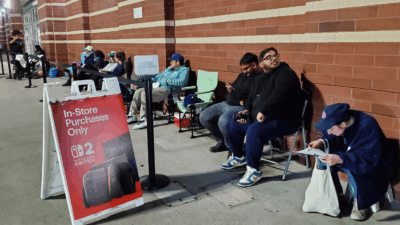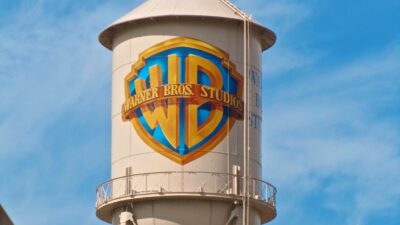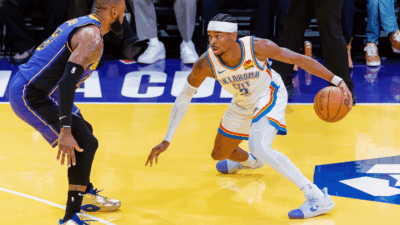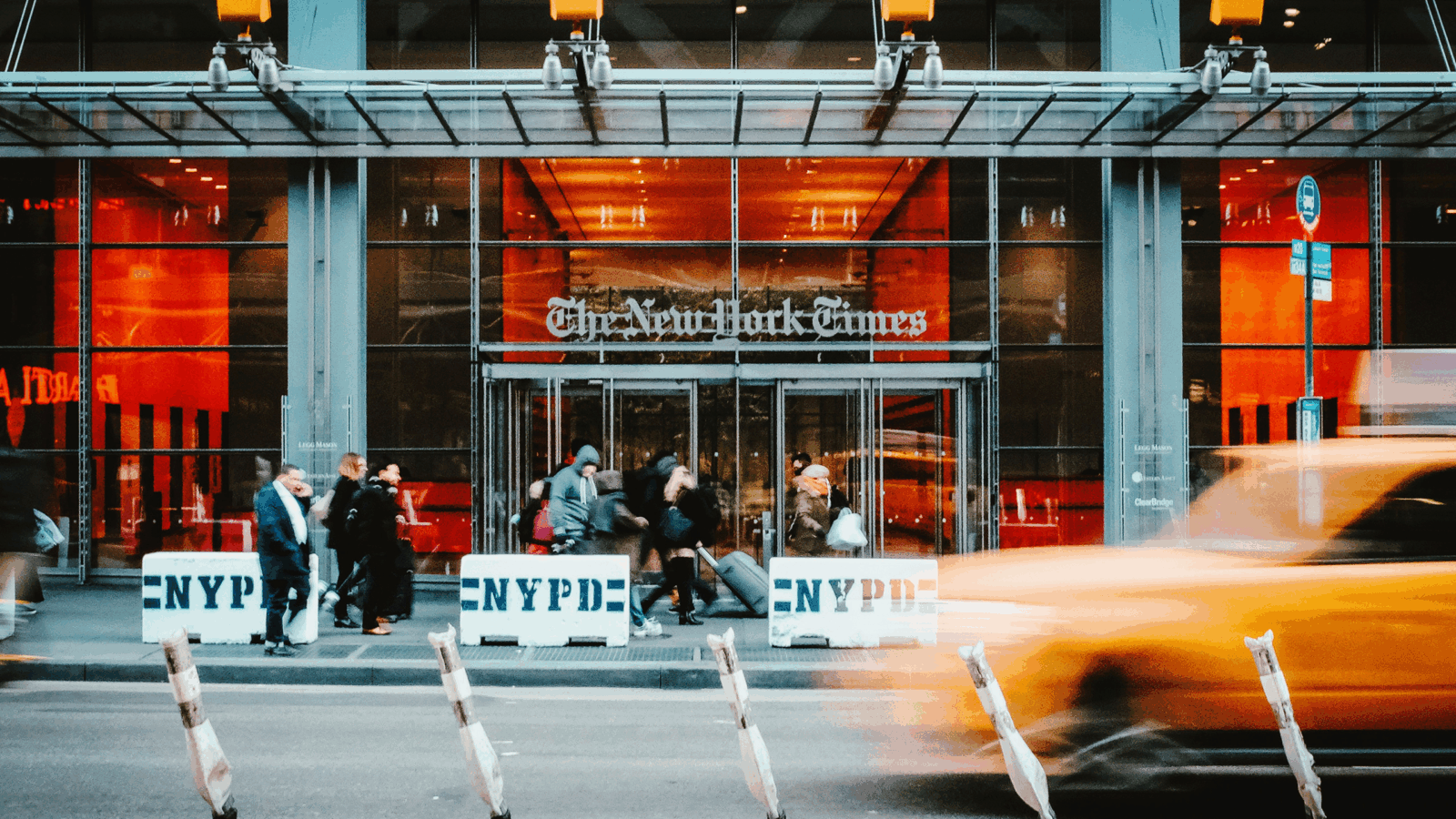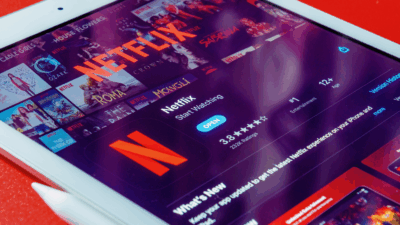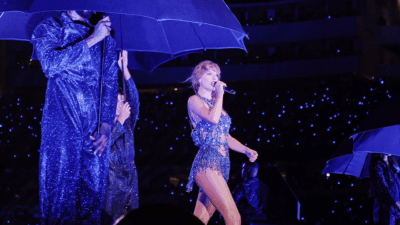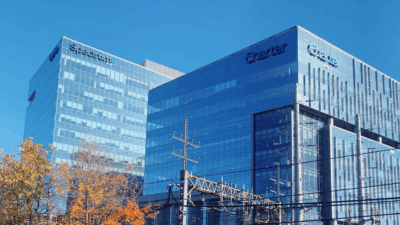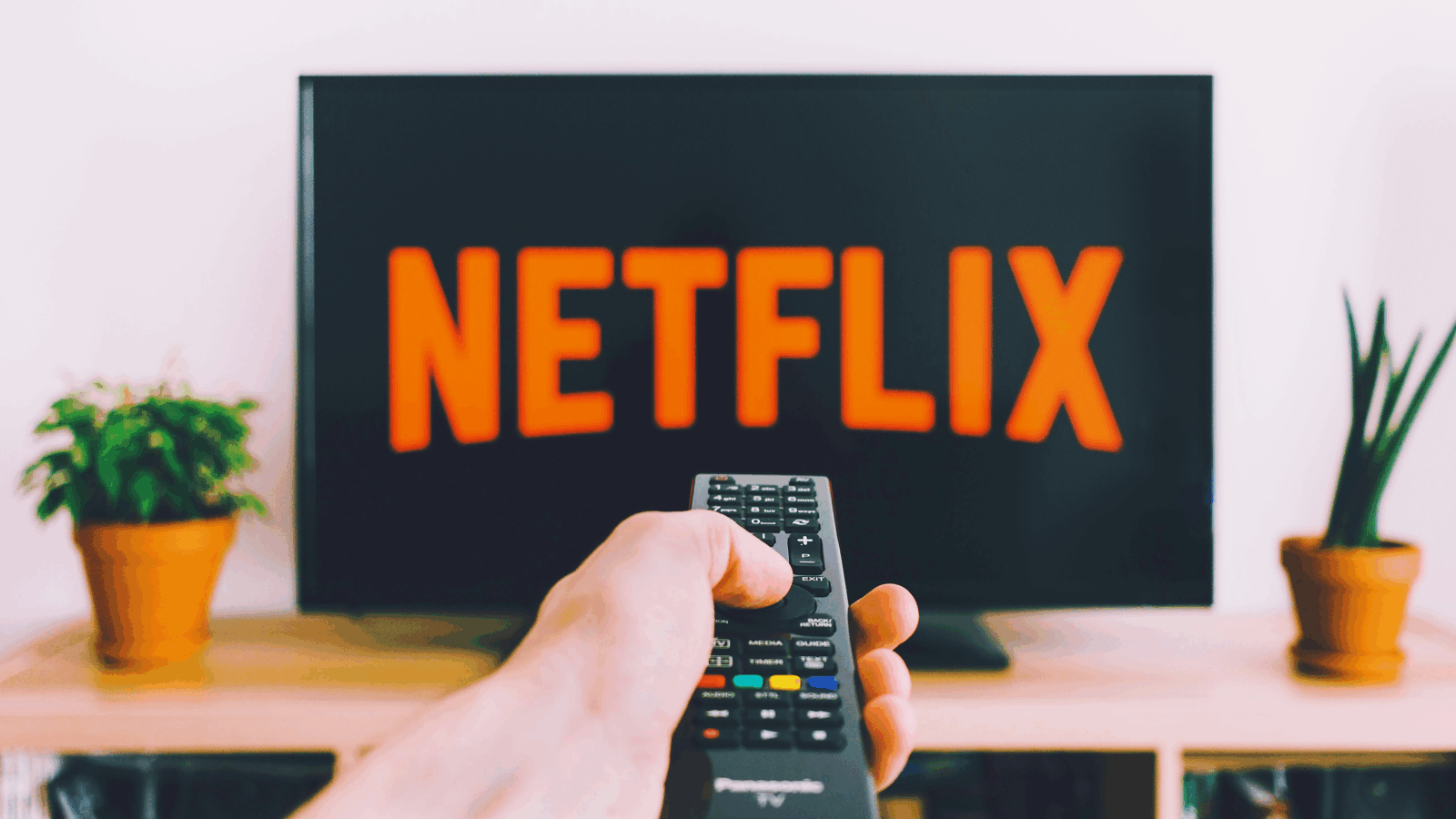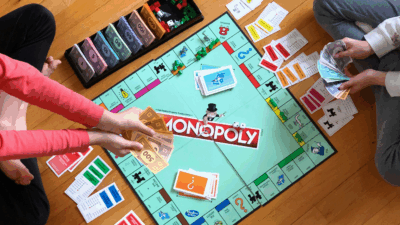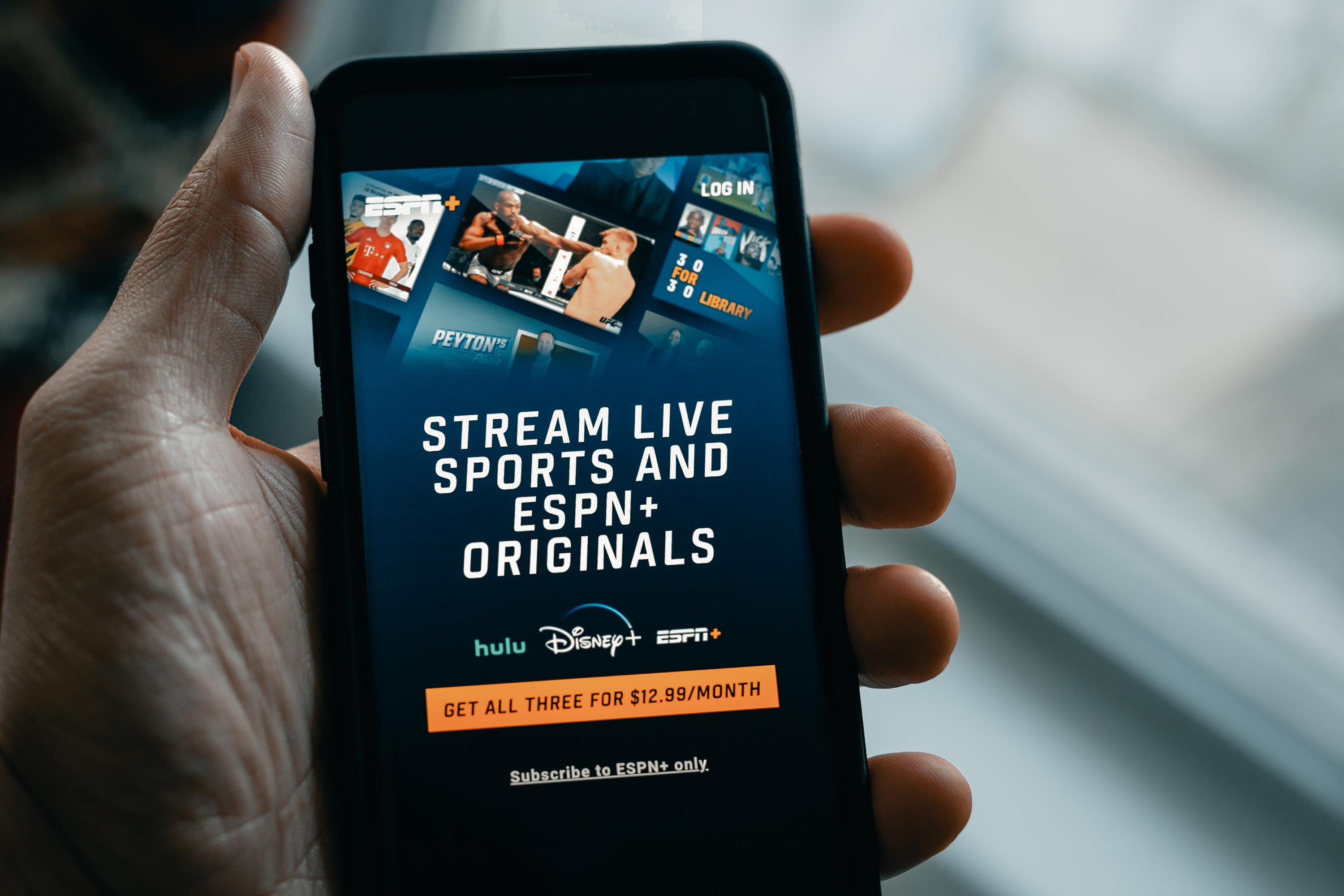
Sign up for smart news, insights, and analysis on the biggest financial stories of the day.
Now that’s called getting the ball across the goal line at the last second.
Just in time for ESPN’s first Monday Night Football broadcast of the nascent NFL season, parent company Disney and Spectrum Cable provider Charter Communications agreed on a new deal after a protracted blackout of the House of Mouse’s cable stations. Was the showdown a real-time collapse of the cable TV model?
Charting a New Course
Disney is trying to negotiate a tricky transition from a once-incredibly lucrative cable pay TV model toward a much murkier streaming future. A major step in that plan has been the anticipated arrival of an entirely direct-to-consumer (DTC) streaming version of ESPN, which most analysts expect at a price point of between $20 to $30 a month — high enough to just break even, but low enough to convince casual sports fans to finally cut the cord from their expensive cable bundles. Charter, sensing its looming obsolescence, has signaled its desire to exit the dying cable business altogether and focus solely on providing internet services. But in the meantime, the company has flirted with offering cheaper skinnied-down cable bundles for non-sports viewers that wouldn’t include ESPN, which accounts for roughly $9 out of every average monthly cable bill.
That doesn’t fly with Disney, which offers 27 different cable channels and typically demands to keep them all in one bundle — a demand that generates about $2.2 billion in recurring annual revenue from Charter. So when the two sides couldn’t agree to terms ahead of an August 31 contract deadline, Disney channels were blacked out for Charter’s 15 million subscribers. After more than a week of no Disney properties and the looming threat of no football, the two sides finally hashed out a deal:
- Disney agreed to cut its bundle from 27 channels to just 19, though Charter agreed to raise its carriage fees a yet-undisclosed amount.
- Charter’s cable subscribers will also get a free Disney+ ad-tier subscription, an ESPN+ subscription (a service mostly for hardcore fans of non-televised sporting events), plus a subscription to the eventual DTC ESPN streamer.
For Charter, the deal is something of an olive branch to potential cord-cutting subscribers, safeguarding them should Disney ever cut cable companies out from ESPN. For Disney, the deal maintains at least part of an important existing revenue stream. It also could provide a boost to lagging DTC subscription numbers, Third Bridge Group sector analyst Jamie Lumley told The Daily Upside. He added that the deal also helps the company scale its increasingly important Disney+ streaming ad tier.
Reruns: Charter just barely trails Comcast as the nation’s No. 2 cable provider, and is far bigger than its next closest competitors, which Lumley says gives it unique leverage to negotiate with content companies in this small world after all.

